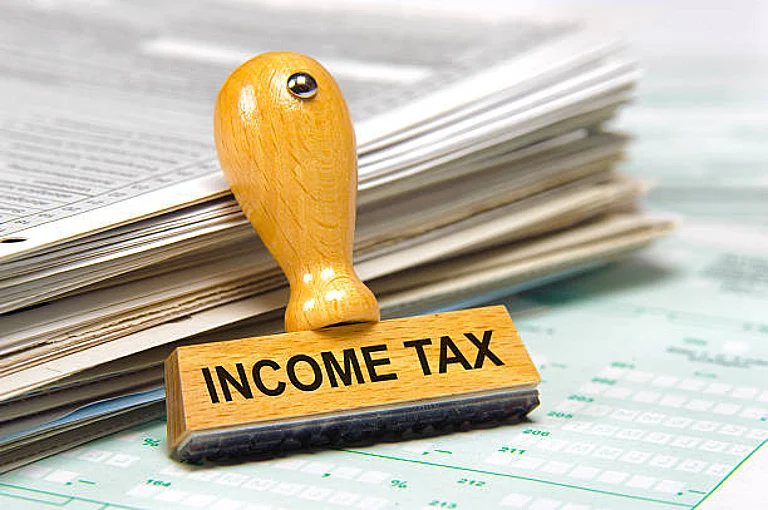Can a non-resident Indian (NRI) claim deduction for life and health insurance premium, and contribution to Public Provident Fund (PPF)?
Answer: There are no restrictions on an NRI or even a non-resident taxpayer from claiming deduction in respect of life and health insurance premium paid by them. The health insurance premium has to be paid to the insurance company registered with the Insurance Regulatory and Development Authority of India (Irdai).
As far as claim for contribution to PPF, an NRI cannot open a new PPF account, but can continue to contribute in their existing account till its original maturity or the extended maturity while the NRI was a resident in India, and can also claim deduction in respect of such contribution. Do note that the deductions in respect of life insurance premium and PPF under Section 80C of the Income-tax Act, 1961 and for health insurance under Section 80D are available only if one opts for the old tax regime. It is not available under the new tax regime, which is the default regime. If you wish to claim these deductions under the old tax regime, you have to file your income tax return (ITR) by the due date, which is July 31 in most cases.
Can I get tax benefits for stamp duty and registration for a flat I have recently purchased?
Answer: Under Section 80C of the Income-tax Act, 1961, you can claim deduction in respect of stamp duty and registration charges paid for a residential house within the overall limit of Rs. 1.50 lakh, together with other eligible constituents, such as life insurance premium, school fees for children, Employees’ Provident Fund (EPF), PPF, equity-linked savings scheme (ELSS), and so on. Do note that you will only be able to claim this benefit if you have taken possession of the house, or the construction of the house is completed during the same year in which these charges were paid by you. Also, you need to opt for the old tax regime, as the deduction under Section 80C is not available under the new tax regime.
I am the karta of a Hindu Undivided Family (HUF). My brother also has his HUF in which he is the karta. My father also had an HUF in which he was karta. After his death, I became the karta of my father’s HUF. Since then I am the karta of my father’s HUF and my own HUF. Can I be the karta of two HUFs? Can we distribute some amount in equal share from my father’s HUF to our individual HUF?
Answer: Yes. A person who is a coparcener can become the karta of more than one HUF. So, you can continue to be the karta of your HUF as well as the HUF of your father.
Any asset received on distribution of your father’s HUF will be treated as the individual assets of the recipient, and cannot be treated as assets of your HUF. If you do so, the same will be treated as gift by you, and the other members will be entitled to receive the assets of the HUF. Accordingly, clubbing provisions will apply on the income in the respective hands of the persons who receive such share.
Unless the distribution is from the current year’s income of the HUF, the distribution of part of the assets from your father’s HUF will amount to a partial partition, which is not recognised by income tax laws. As such, income from assets so distributed shall continue to be taxed in the hands of the HUF.
The author is a tax and investment expert and can be reached on jainbalwant@gmail.com
(Disclaimer: Views expressed are the author’s own, and Outlook Money does not necessarily subscribe to them. Outlook Money shall not be responsible for any damage caused to any person/organisation directly or indirectly.)
















